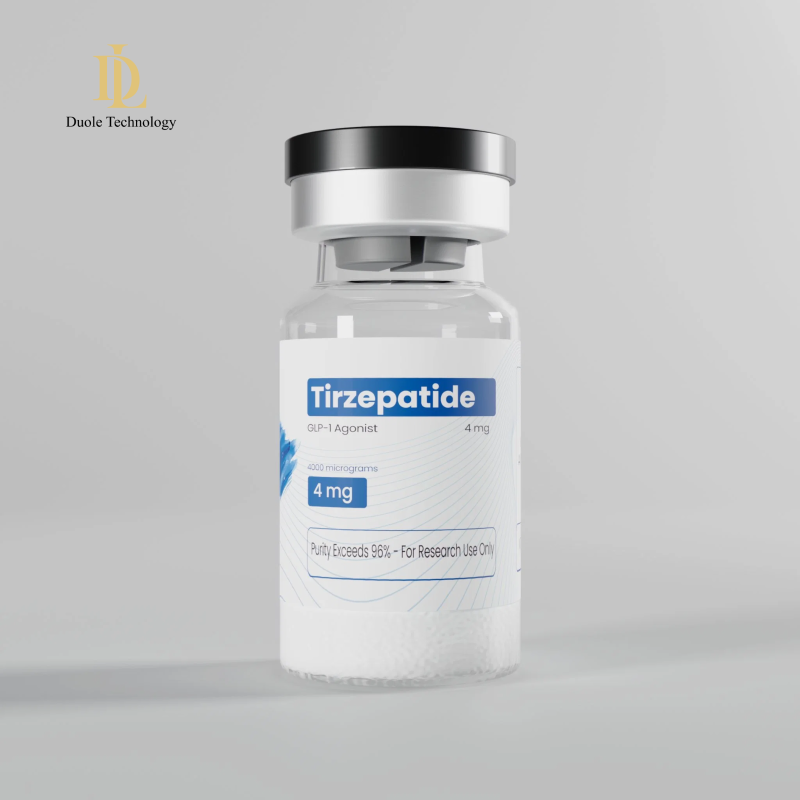-
Categories
-
Pharmaceutical Intermediates
-
Active Pharmaceutical Ingredients
-
Food Additives
- Industrial Coatings
- Agrochemicals
- Dyes and Pigments
- Surfactant
- Flavors and Fragrances
- Chemical Reagents
- Catalyst and Auxiliary
- Natural Products
- Inorganic Chemistry
-
Organic Chemistry
-
Biochemical Engineering
- Analytical Chemistry
-
Cosmetic Ingredient
- Water Treatment Chemical
-
Pharmaceutical Intermediates
Promotion
ECHEMI Mall
Wholesale
Weekly Price
Exhibition
News
-
Trade Service
Founded in 2020 by Apple Tree Partners (ATP), a venture capital in life sciences, Ascidian, a debut in gene editing that rewrites RNA to treat human diseases, was founded in 2020 and is headquartered in Boston
, USA.
On October 12, Ascidian announced a $50 million Series A funding round to advance its leading program for ABCA4 retinopathy and build a research pipeline
for ophthalmic, neurological and neuromuscular diseases, and rare diseases.
Ascidian's R&D pipeline (Source: official website)
The first-of-its-kind RNA exon editing platform combines high-throughput molecular biology with computational biology to design RNA exome molecules
with the correct RNA sequence.
A single RNA exon molecule can replace multiple mutated exons simultaneously by RNA trans splicing without the need for exogenous proteases
.
This approach not only maintains the durability of gene therapy, but also reduces the risks
associated with DNA editing and manipulation.
RNA exon editing (Source: official website)
Ascidian has appointed Romesh Subramanian, former founder and CEO of Dyne Therapeutics, as its president and chief executive officer
.
In his role as founding CEO, Michael Ehlers, ATP's chief scientific officer and venture partner at the firm, will become chairman of the Ascidian Board of
Directors.
According to Ascidian, its technology can fix genetic errors that other editing methods cannot, and can be applied to a wide variety of genes
.
Ascidian's CEO, Romesh Subramanian, says its main project can replace more than 20 exons
at once.
"We're changing chapters of a book instead of deleting one letter at a time
.
" Subramanian said
in an interview.
The discovery of CRISPR has boosted gene editing research, which has now been expanded and adapted to support multiple gene-editing technologies
.
Unlike CRISPR, RNA exons edit RNA rather than DNA, so the therapy reduces the risk of
non-target genomic changes.
Original link:







